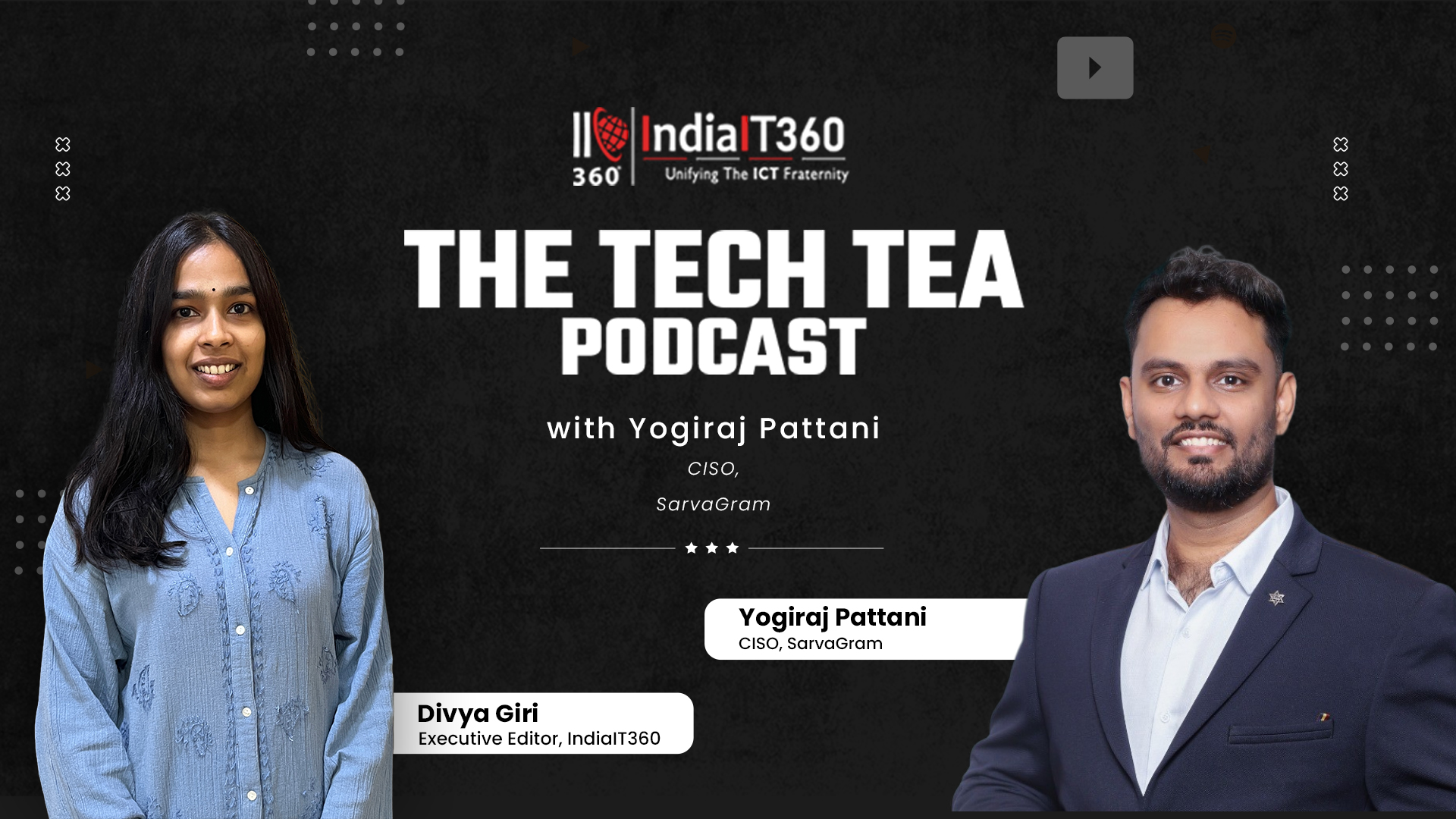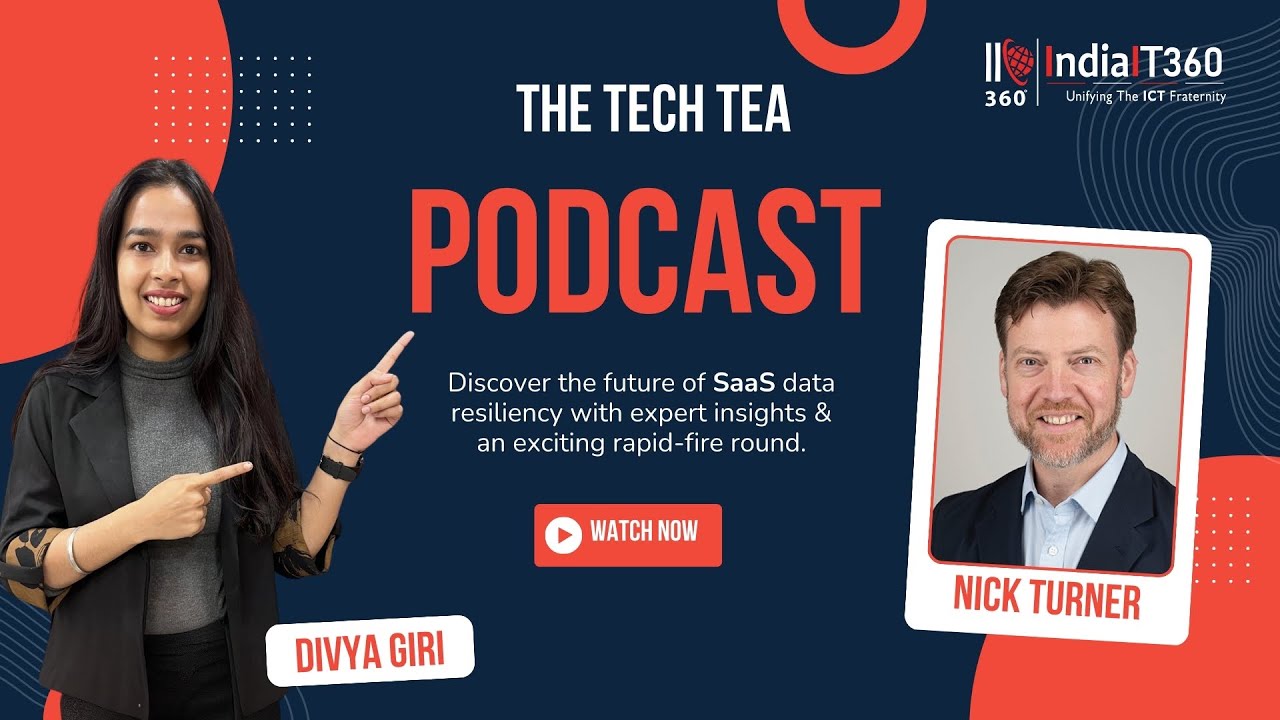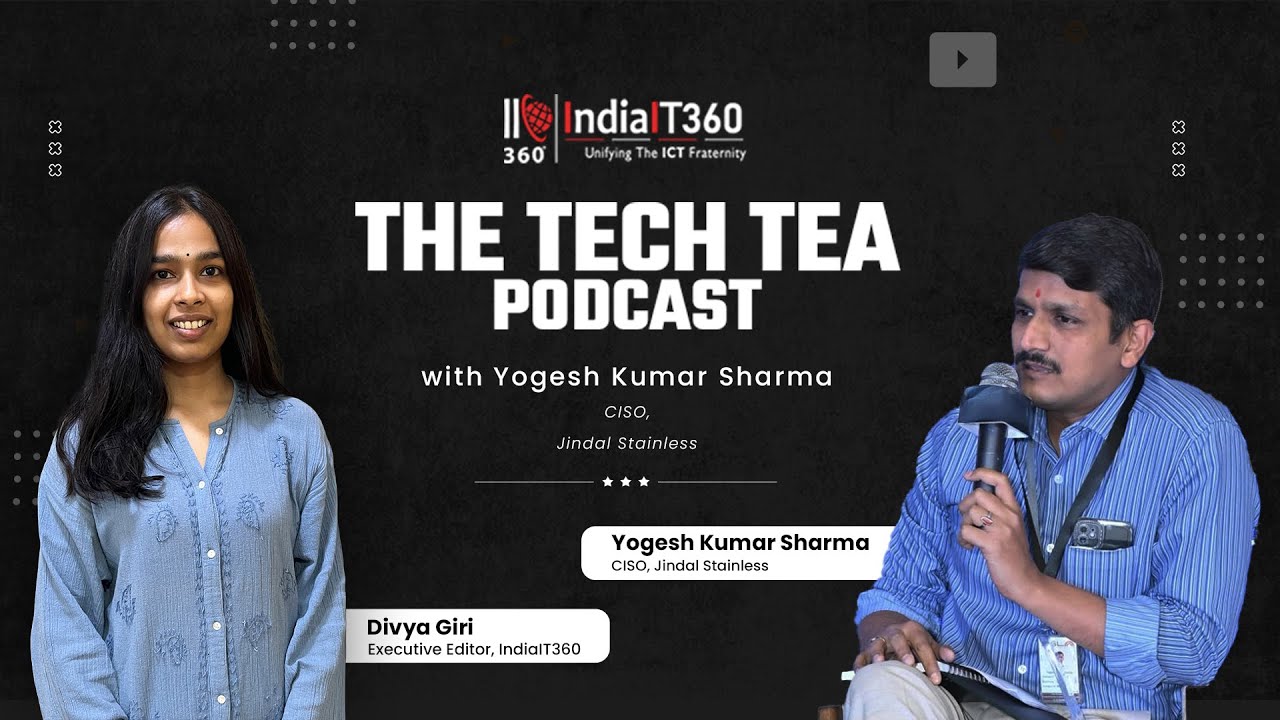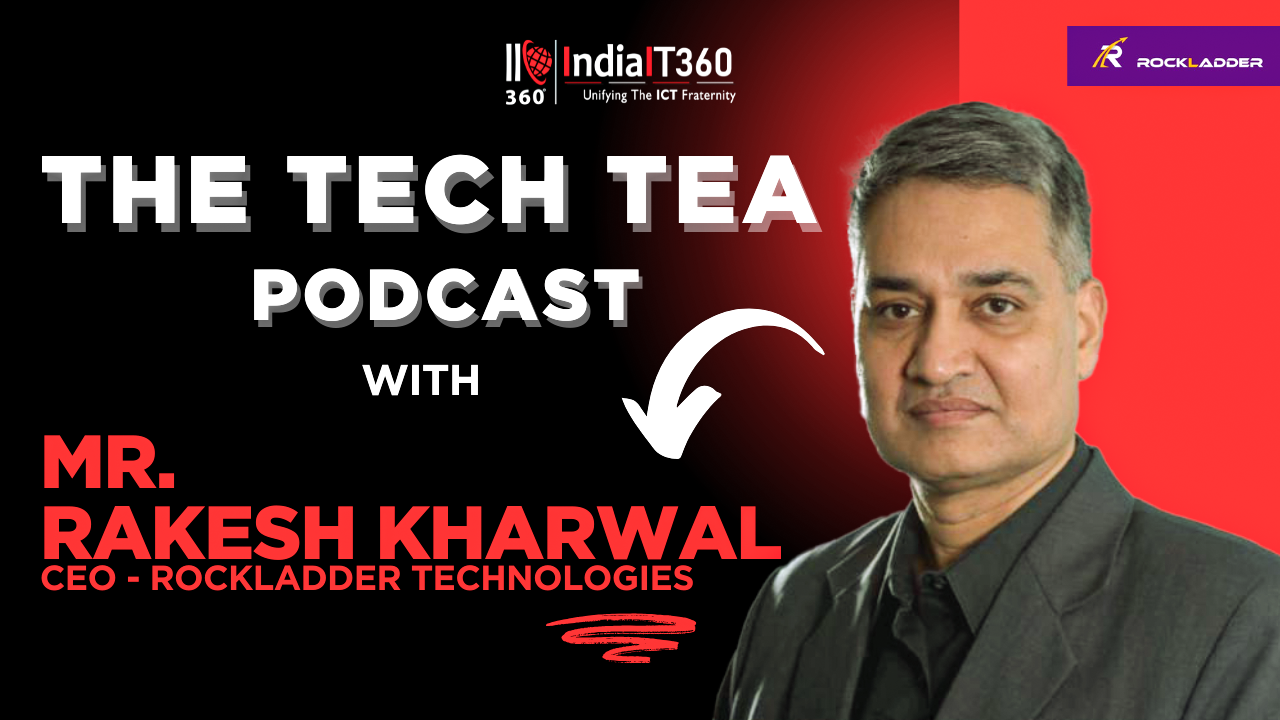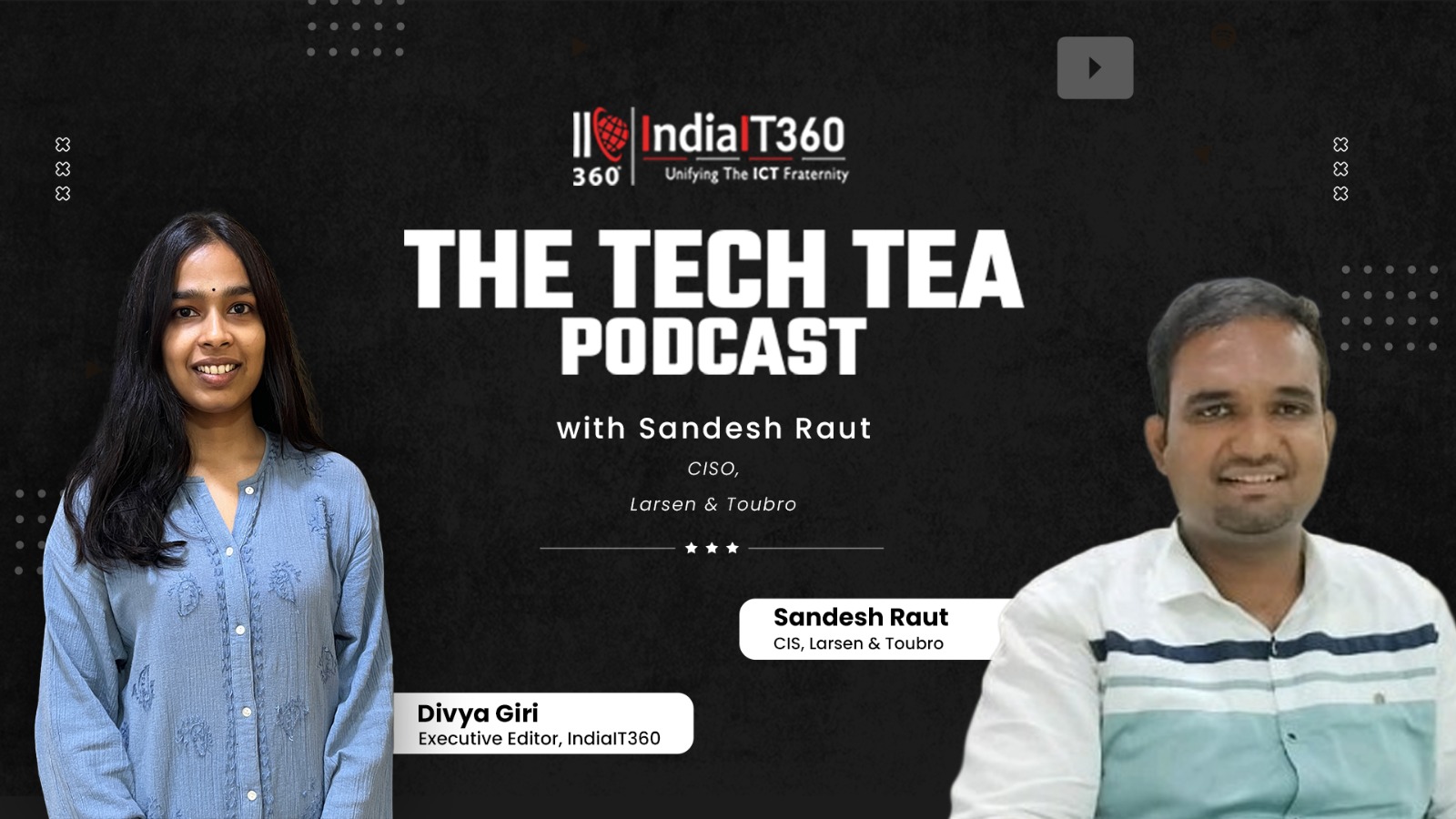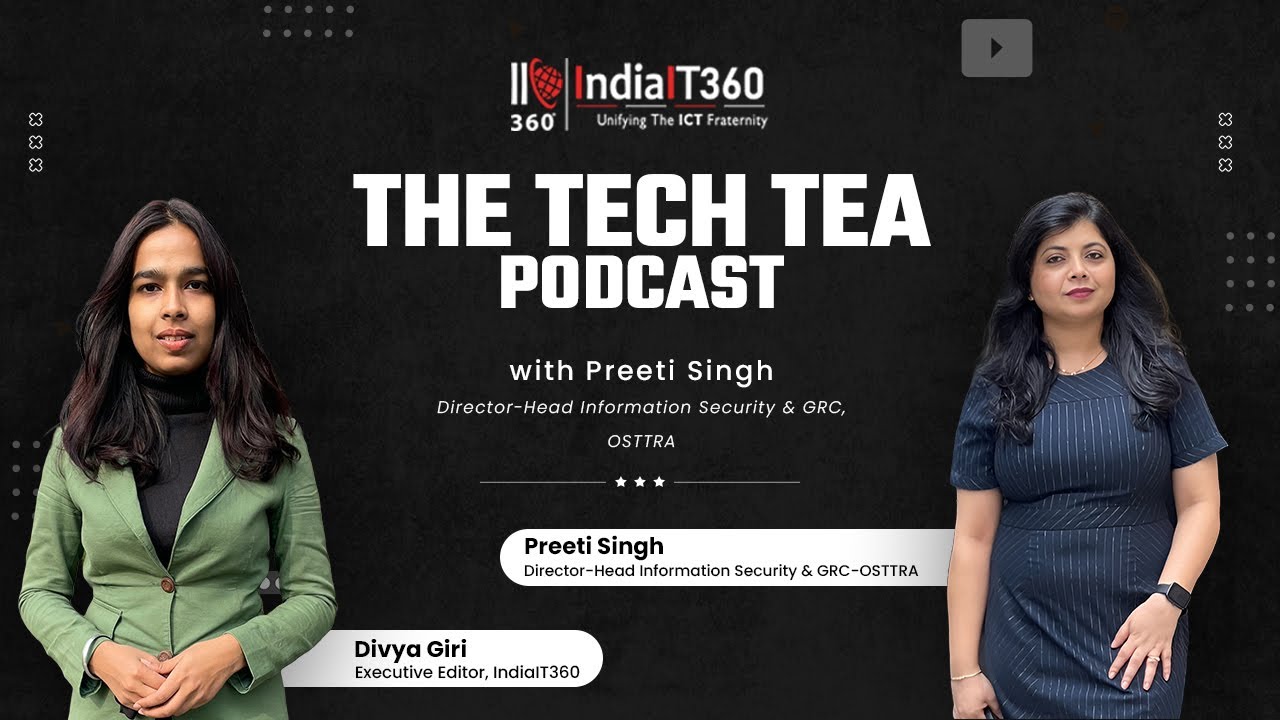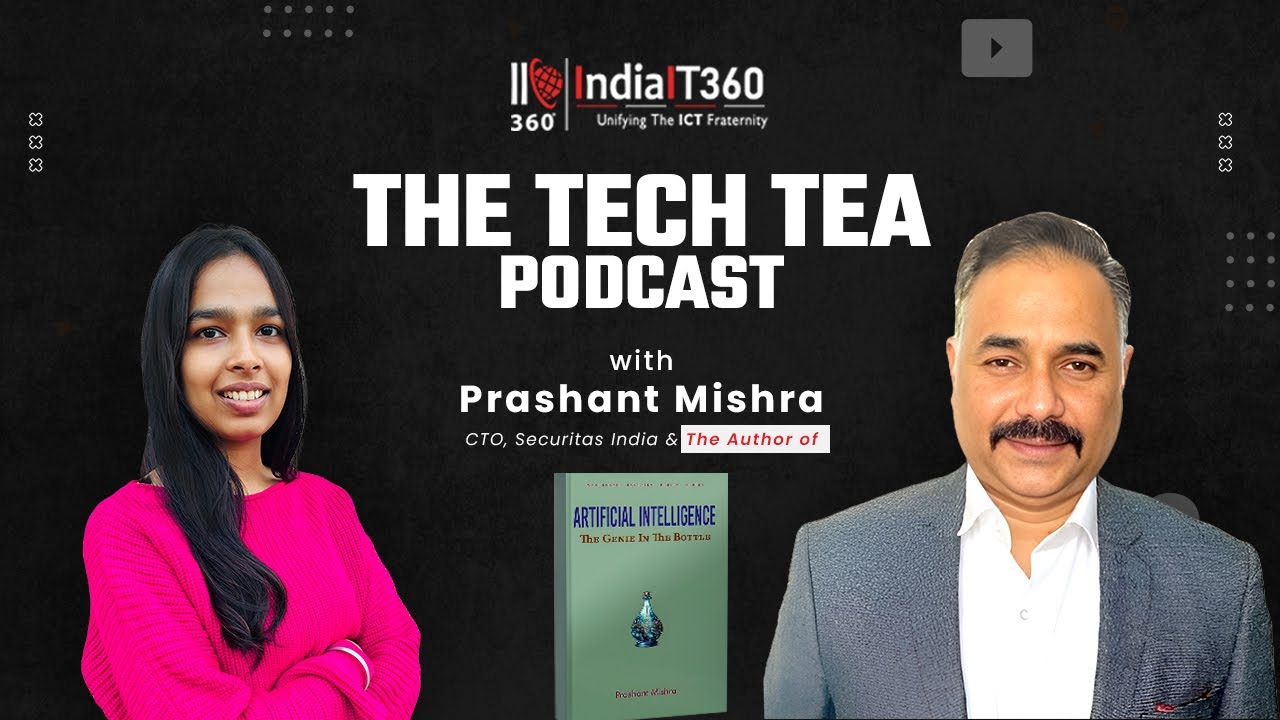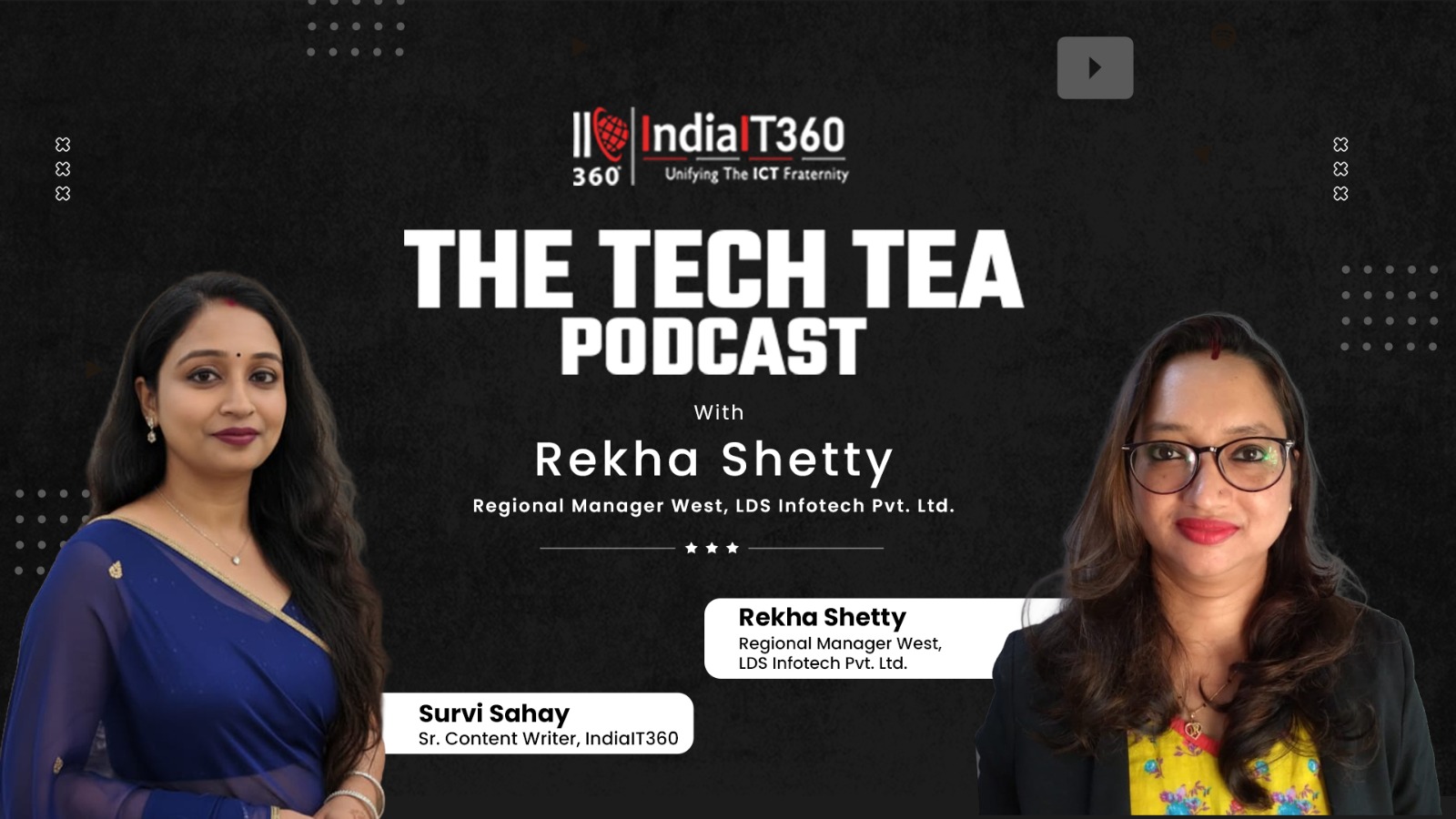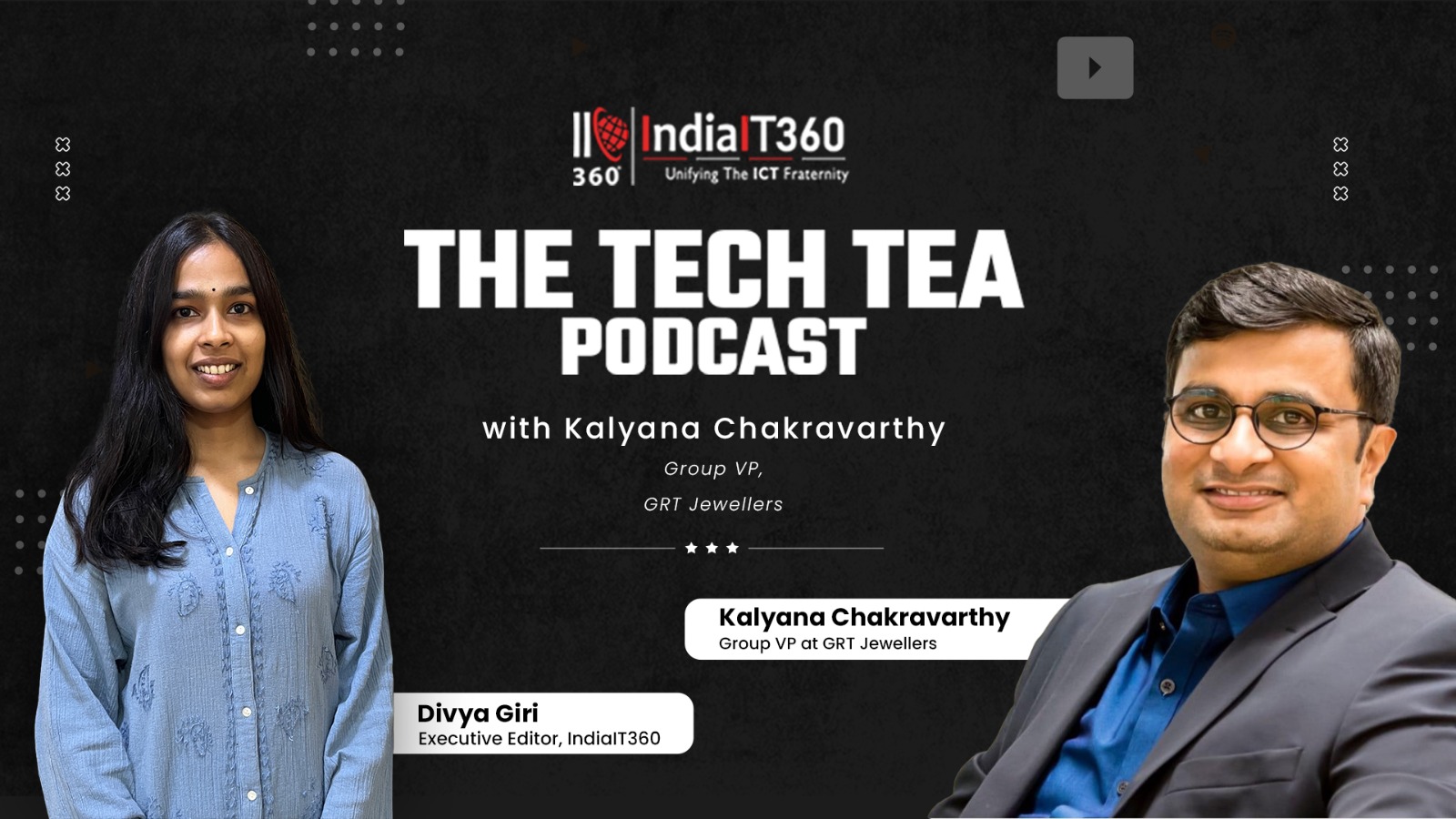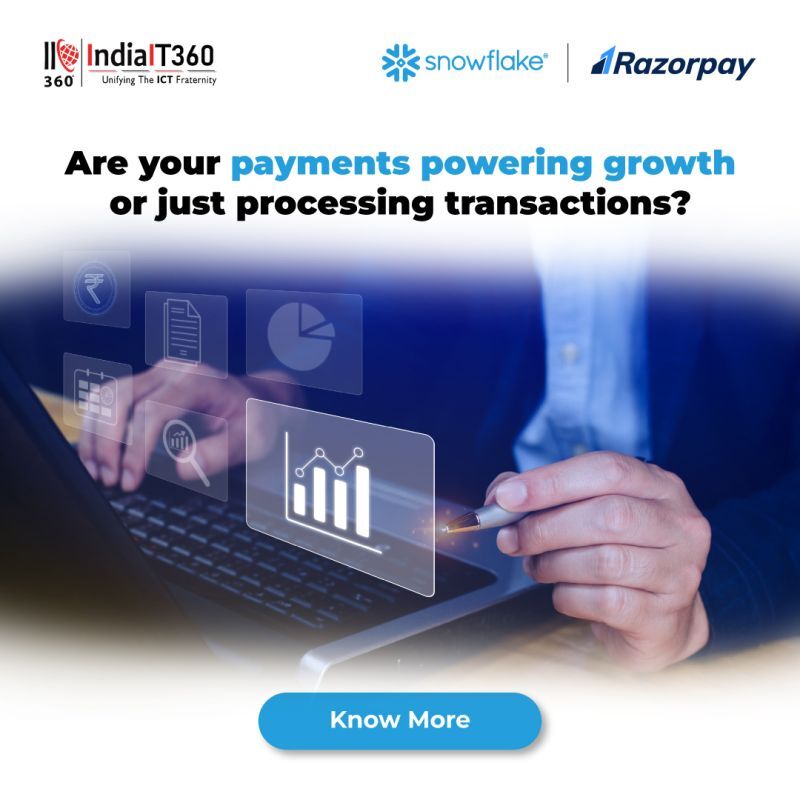Navigating New Frontiers in Compliance: India’s Digital Personal Data Protection Act
In India’s bustling digital landscape, in which over 760 million active Internet users generate a ceaseless flow of data, a significant transformation is underway. The Digital Personal Data Protection (DPDP) Act, passed by the Indian Parliament in August 2023, marks a new era in data privacy and protection. This Act, much like the General Data Protection Regulation (GDPR) in Europe, aims to strike a delicate balance between individual privacy and the need for data-driven innovation. For businesses in India, this new legislation represents not only a challenge but an opportunity—to achieve a higher standard of data governance.
A New Chapter in Data Privacy
Imagine navigating through a sprawling city in which every street and alley represents a different data source. This city, vibrant and teeming with activity, mirrors the complex data environments and movements that businesses face today. The DPDP Act is like a new set of traffic rules so that everyone—whether on a bike or in a car—follows the same guidelines for overall safety and efficiency.
In the DPDP, organizations (“Data Fiduciaries”) cannot process personal data without the consent of “Data Principals” (those to whom the personal data belongs, e.g., consumers) unless it is for a legitimate use or is exempted by the Act. Data Fiduciaries must provide a privacy notice and a request for consent to Data Principals. They must also implement robust security measures and maintain data accuracy.
The stakes are high, with financial penalties of up to INR 250 crore for those who falter. As we approach the Act’s enforcement in 2024, it’s clear that preparation is not just advisable—it’s essential.
The Maze of Compliance
In this data-driven city, compliance feels like navigating a maze. Data isn’t stored in one neat, centralized location but is scattered across various systems—both on-premises and in the cloud. This fragmentation poses a significant challenge. How do you ensure that every piece of data, wherever it resides, adheres to the new regulations?
Imagine a company relying on international data centers for its operations. For them, the DPDP Act is akin to introducing new rules for a game they’ve been playing with existing strategies. They need to rethink how they govern and protect their data, all while ensuring they meet the stringent requirements of the new law.
Navigating Compliance with Logical Data Management
Enter logical data management platforms, which offer a unified access layer that connects disparate data sources, simplifying governance and compliance. It’s like having a central control room from which you can monitor and manage every street and alley, ensuring that all data traffic adheres to the new regulations.
This approach enables businesses to apply consistent data governance policies across all data sources from a single point of control. However, it does not simply enforce rules but also gains real-time insights from the data, helping organizations to maintain agility. With real-time tracking and alerting, organizations can swiftly respond to potential breaches or compliance issues, staying one step ahead of the game. With data lineage and usage tracking capabilities, logical data management platforms help organizations to be prepared for the needs of regulatory reporting, from this same “central control room.”
The Possibilities
Consider a company in India, a data-driven enterprise grappling with the complexities of the DPDP Act. By adopting a logical data management framework, the company can gain a panoramic view of its data landscape, simplifying the enforcement of privacy policies and maintaining compliance. This transformation isn’t just about meeting regulatory requirements; it’s about turning compliance into a competitive advantage. For example, the company can gain immediate access to key operational and transactional data, so it can enhance its supply chain on the back-end while analyzing customer buying patterns on the front-end.
For example, North America’s second largest supermarket chain, Albertson’s, used a logical data management platform to control and secure access to millions of rows of customers’ personal information, so that only authorized individuals could access data while running marketing campaigns. This helped Albertson’s to comply with both the GDPR and the California Privacy Rights Act (CPRA).
Or, consider a global company operating in India that has data scattered across international borders. For such a company, a logical data management platform would act as a universal enforcer managed centrally, so that data governance policies are consistently applied regardless of where the data originates. This unified approach would not only simplify compliance but also enhance the company’s ability to innovate and respond to market changes.
DNB, Norway’s largest financial services group, leveraged a logical data management strategy for governance but reaped additional advantages such as generating digital leads, personalizing product pricing, recommending best offers, and ultimately improving customer experience and retention. Many other organizations are gaining similar advantages through this strategy.
Embracing the Future
In this evolving landscape, DPDP compliance is less about navigating through obstacles and more about discovering new paths to success. By adopting a logical approach to data management, organizations can turn regulatory challenges into opportunities, so they are not just compliant but also agile, secure, and competitive in a data-driven world.
As India navigates new frontiers in compliance, we can also leverage new avenues of benefit by turning governance into a competitive advantage.
Article written by : Mr. Suresh Chandrasekaran, Executive VP of Denodo Technologies











